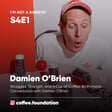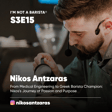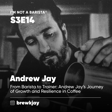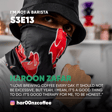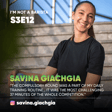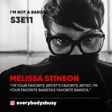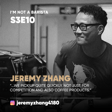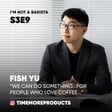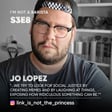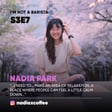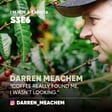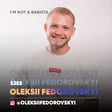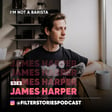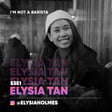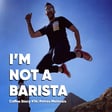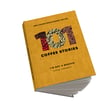
#21. Meet Aslam, Director of Coffee for The Community Coffee, and Sarah Lee, Secondary School Teacher and Coffee Blogger from Singapore 🇸🇬
Today is the first time we are joined by two individuals that crossed paths and became friends through coffee.
Aslam is the Director of Coffee for The Community Coffee, he is also the founder of the Singapore Roaster Forum. He is a curious yet humble individual, always open to new ideas and concepts in coffee, in which he shares these ideas with those that he has taken under his wing.
Professionally, Sarah is a full-time History and English educator at a local secondary school. After hours, she enjoys travelling and is always on the hunt for a good cup of coffee. Sarah shares an Instagram account (@coffeetripsaroundtheworld) with her friend Audrey, it is an outlet for two coffee lovers to share their café finds and to tell their coffee tales during their travels.
In this episode, we discuss barista-customer interactions in a coffee shop to dig deeper into what consumers actually want from a specialty coffee experience, and how businesses can bridge the communication barrier to deliver better service to their customers.
We also get a glimpse into the Singaporean coffee community, and how coffee roasters operate in one of the smallest countries in the world with an extremely saturated market.
The Community Coffee
https://thecommunitycoffee.com/
Read more coffee stories on
https://notabarista.org/
Order Coffee Wristbands and support I'M NOT A BARISTA's charity work
https://notabarista.org/product/notabarista-coffee-wristbands-2023/
